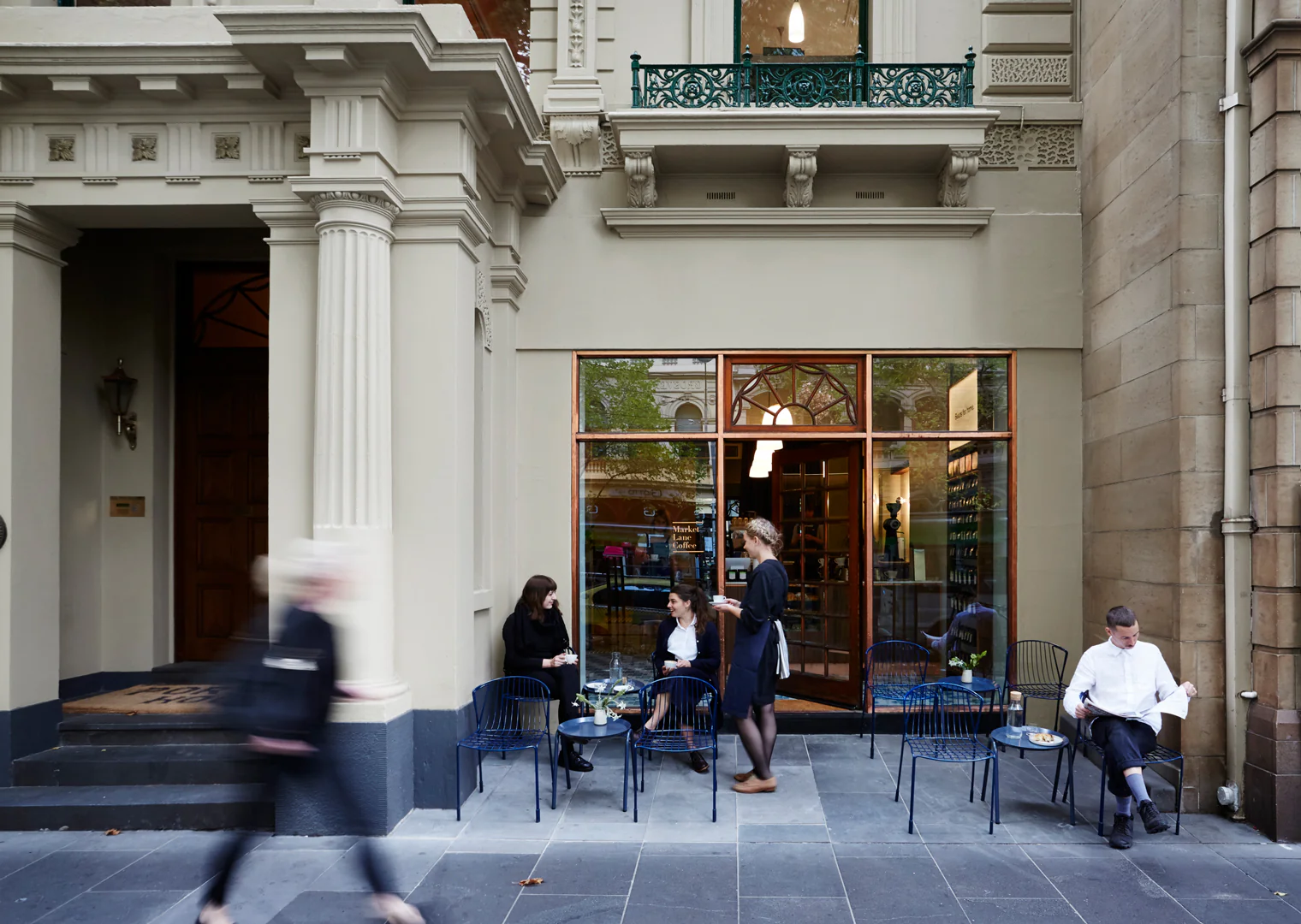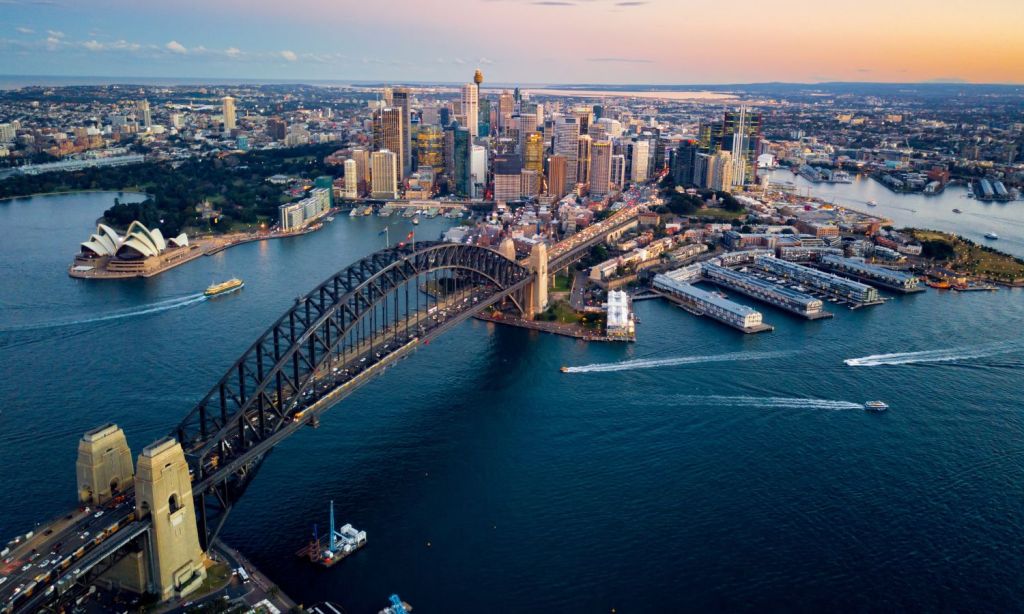“All Melbournians have strong opinions on cafés and restaurants and revel in dining out. You’ll see people sitting down for their 9pm dinner reservations in Melbourne — that does NOT happen in Sydney. But likewise, I would show up for breakfast at 8am in Melbourne and will be met with tumbleweeds because it’s not really their thing — whereas 8am is peak hour at a regular Sydney café on the weekend.”
It’s an excerpt from Australian writer Zara Wong’s Substack Screenshot This. Wong lived in Melbourne for a few years but now lives in Sydney. The differences — and some might say rivalry — between Australia’s two largest cities is nothing new.
But as a food writer delving into international dining scenes and their impacts on culture, I couldn’t help but wonder: how have Melbourne and Sydney’s distinct dining scenes contributed to Australia’s overall culinary culture? What role have they played in putting us on the international dining map?

“Both cities share a passion for coffee, food and dining, each learning from the strengths of the other,” says Ibrahim Kasif, head chef at Sydney’s Nour. “This unofficial competition has fuelled a sense of pride among chefs, pushing them to put their respective cities on the culinary map.”
Kasif describes Melbourne’s dining culture as deeply intertwined with its lifestyle. The cooler weather and spread-out suburbs give it a European vibe, he says. Melbourne has long thrived with its robust middle-market dining scene, supported by a local customer base where dining out is central to entertainment.
“Sydney offers a different backdrop — beaches, rivers and sprawling suburbs, all woven through hilly landscapes,” Kasif says. “Historically, Sydney’s dining scene was top-heavy, dominated by high-end restaurants. About 15 years ago, the market expanded, seeing the rise of a competitive middle-market that Melbourne had long mastered.”
Sydney diners gained a reputation for loving the excitement of restaurant openings. And, Kasif says, the drama of closures. Still, many of the city’s iconic venues have endured.
Ross Lusted, chef and owner of Woodcut Sydney and soon-to-open restaurant Marmelo and bar Mr Mills in Melbourne, says water views play a key role in Sydney’s dining scene. From Bondi to Balmain, many of its most-known restaurants line the waterfront.
“When friends visit Sydney, they ask where you can go that has a great view,” Lusted says. “In Melbourne, it is a very indoor experience and you can find restaurants in the most unexpected places. Just last week I stood in a line at a car park entry to eat fantastic Thai food.”
Chef and restauranteur Luke Mangan grew up in Melbourne before moving to Sydney in the mid-90s to open his first venue, Restaurant CBD (now closed). He now has several restaurants in Sydney and opened Bistrot Bisou in Melbourne this year. Mangan agrees Melbourne’s dining scene is more European-influenced. Sydney’s, he says, is more Asian-influenced.
“Competition is good,” Mangan says. “We, as chefs and restauranteurs — we all get on and work well together. We bounce off each other. It’s fun.”
Wong considers Melbourne’s dining scene to be more evening-oriented. There are wine bars and bistros and people open to having late-night dinner bookings. In Sydney, peak hour at cafés is 8am, even on weekends and, in places that are more outdoor-focused like Bondi, it’s 7am.
“I find Sydney has a gap between very casual places and fine dining options but this is gradually closing with places like Bar Copains and Caravin,” Wong says.
As for how the two cities have contributed to putting Australian dining on the map, Wong thinks Sydney’s relaxed breakfast scene, particularly with chef and restauranteur Bill Granger’s work, has helped us get international attention. Melbourne has contributed to that with its bistros and wine bars.
Lusted says returning to Australia after a stint living overseas allowed him to view our dining scene with an outside eye. He observed that our multicultural society has weaved into our food markets, dining culture and wine-making and that Australia has exceptional produce.
So what other Australian cities do these chefs see helping to shape our cultural reputation?
Lusted says Adelaide is a city to watch. He’s always loved visiting and dining there. “The proximity to some of the best wine-making regions in the country and a vast coastline — it’s a region that continues to produce some of the best produce and cooks in the country,” he says.
Mangan visits Brisbane often for work where he eats out at great restaurants. Perth, he says, is another city with an up-and-coming culinary scene. “We’re very lucky where we are in Australia,” he says.
Related: Is Australia’s Palate Becoming More Adventurous?
Related: The Flavourful Mexican Dish Taking Australia By Storm
Read more stories from The Latch and subscribe to our email newsletter.

